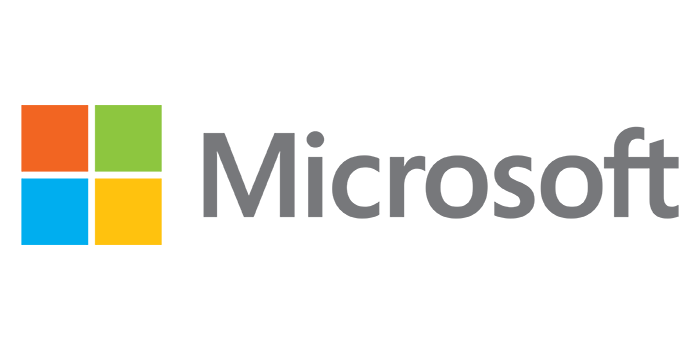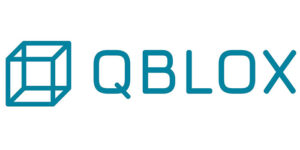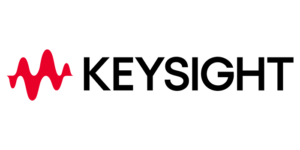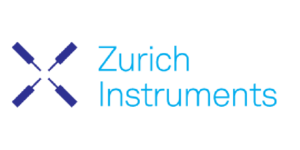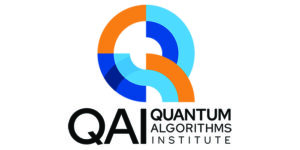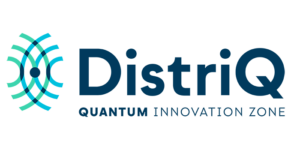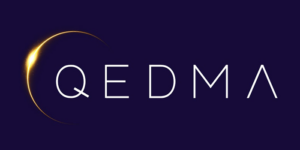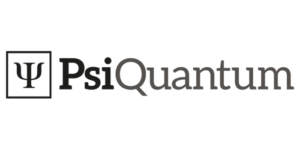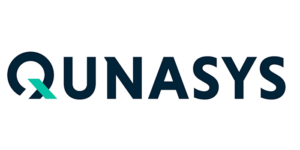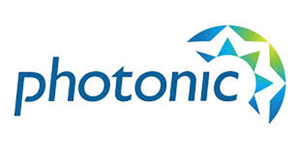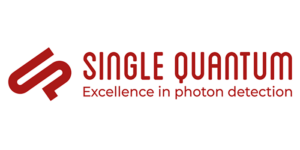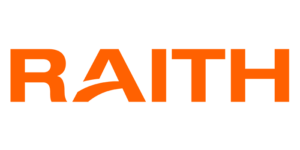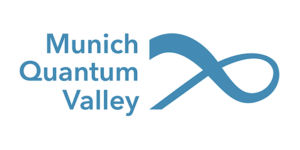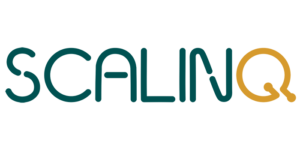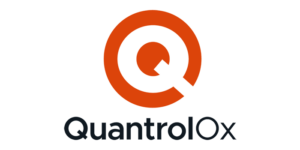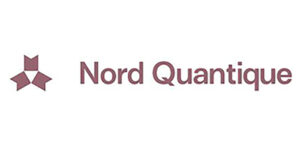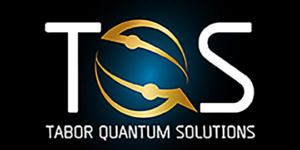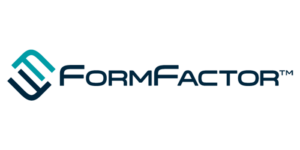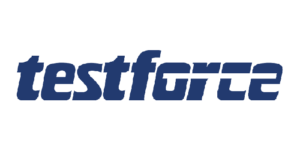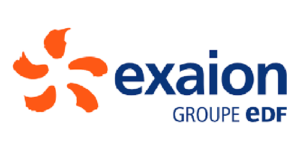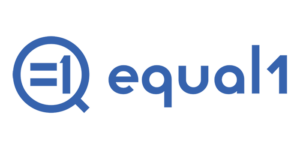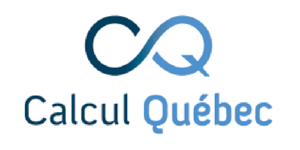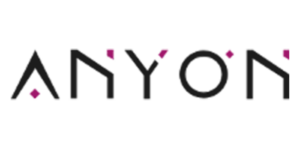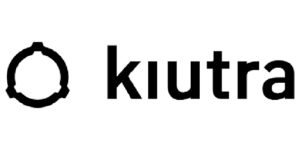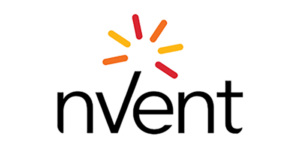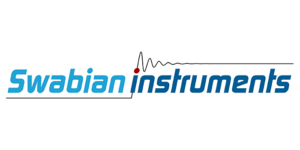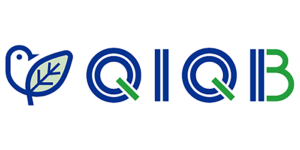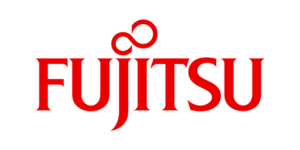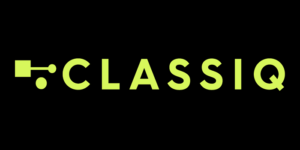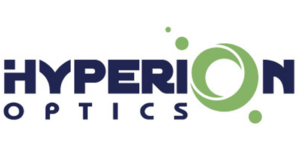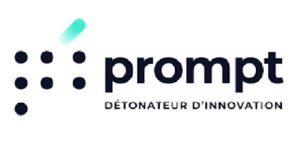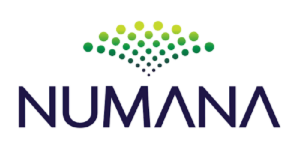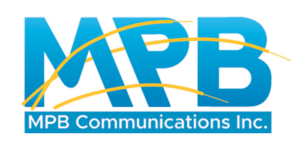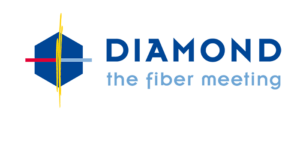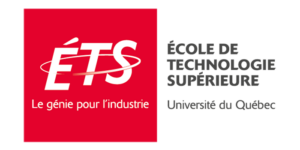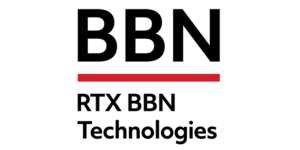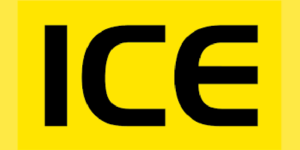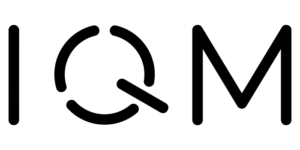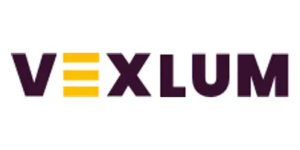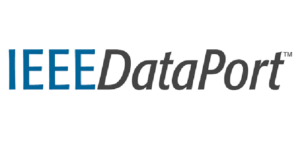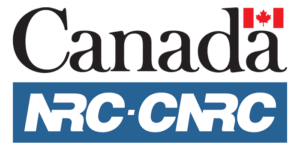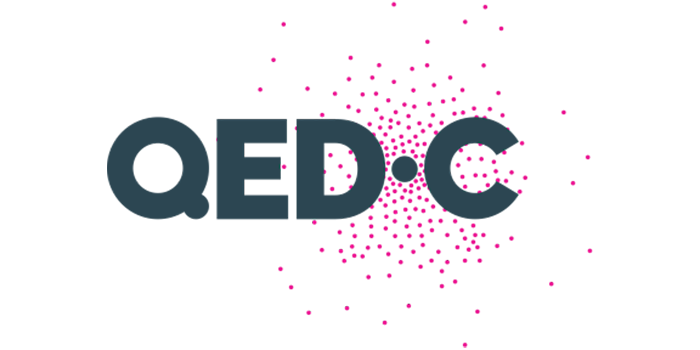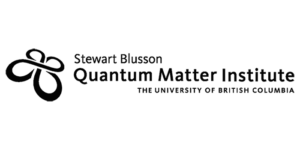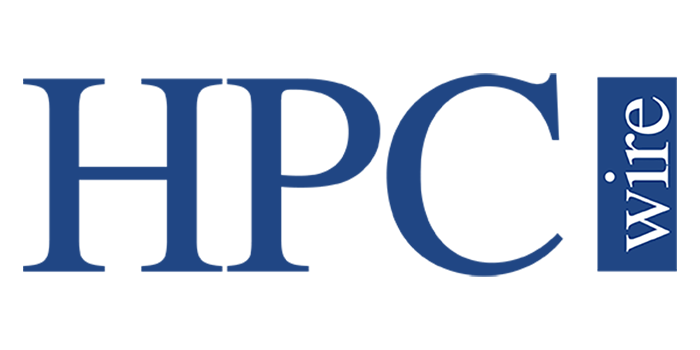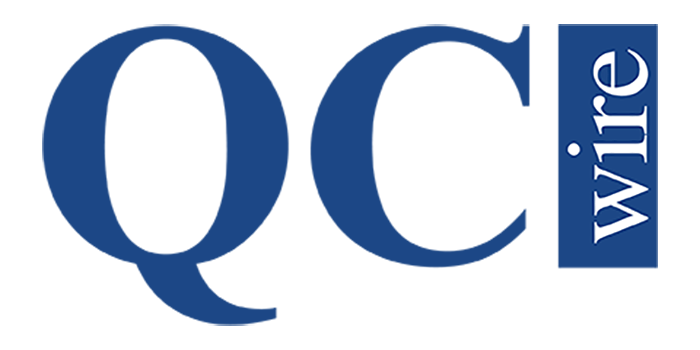Home » Technical Papers Program
Technical Papers Program
Scope and Goals
IEEE Quantum Week aims to be a leading venue for presenting high-quality original research, ground-breaking innovations, and compelling insights in quantum computing and engineering. Technical papers are peer-reviewed, can be on any topic related to quantum computing and engineering, and will be considered by one of the following technical paper tracks.
Contact
- Technical Program Board Co-Chairs
- Yuri Alexeev, Argonne National Laboratories — [email protected]
- Sarah Sheldon, IBM Quantum — [email protected]
Advance Program-at-a-Glance
QCE24-Advance-Program-at-a-Glance.pdf
IEEE Quantum Week 2024 has formed an Exceptional Program with exciting exhibits featuring technologies from quantum companies, start-ups and research labs. The Advance Program-at-a-Glance in the form of a six-page PDF file (one page per day) provides links to all the QCE24 sessions for ease of access. The QCE24 Conference App will also provide easy access to the conference sessions.
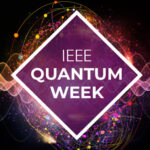
Speaker Guidelines
General Speaker GuidelinesTechnical Paper Presentation Guidelines
These documents presents general speaker guidelines for all tracks and all sessions as well as specific guidelines for the technical paper tracks.
Technical Paper Sessions
222 Technical Papers Program with Best Papers — Sessions Agenda
IEEE Quantum Week aims to be a leading venue for presenting high-quality original research, ground-breaking innovations, and compelling insights in quantum computing and engineering. Technical papers are peer-reviewed, can be on any topic related to quantum computing and engineering, and are considered by different technical paper tracks. The papers are published in IEEE Xplore.
Proceedings & Best Papers
- Papers accepted to and presented at IEEE International Conference on Quantum Computing & Engineering (QCE24) will be submitted to IEEE Xplore Digital Library and IEEE Computer Society Digital Library (CSDL) in September 2024.
- The best QCE24 papers will be recommended to the journals IEEE Transactions on Quantum Engineering (TQE) and ACM Transactions on Quantum Computing (TQC).
- QCE24 will award Best Paper Awards for the Technical Program Tracks. The QCE24 Best Paper Awards will be presented in the plenary sessions before the keynote presentations on the day the respective paper is being presented.
Reviewing Guidelines
QCE24 received a record number of 450+ technical paper manuscripts―an increase of 150+ compared to QCE23. At least three reviewers must review each manuscript, and each reviewer is expected to review 6-8 papers.
Technical Paper Track
Quantum Algorithms (QALG)
- Track Chairs:
- Susan Mniszewski, Los Alamos National Laboratory (LANL) — [email protected]
- Ilya Safro, University of Delaware — [email protected]
The theory of solving problems with quantum computers.
- Quantum information science
- Quantum algorithm structures and patterns
- Quantum algorithms and complexity
- New NISQ-friendly algorithms
- Error correction and mitigation algorithms
- Fault-tolerant quantum algorithms
- Advances in hybrid variational algorithms
- Advances in hybrid QAOA algorithms
- New quantum solver approaches
- Quantum linear algebra
- Advances in tensor network algorithms
- Advances in encoding and learning algorithms
- Advances in Hamiltonian dynamics
- Quantum cryptography
- Secure quantum computing
- Privacy-preserving quantum computing
Quantum Applications (QAPP)
- Track Chairs:
- Stephan Eidenbenz, Los Alamos National Laboratory (LANL) — [email protected]
- Weiwen Jiang, George Mason University — [email protected]
The practice of solving problems with quantum computers.
- Towards Quantum advantage
- Towards fault tolerance and realization of quantum error correction at application level
- Quantum Machine Learning (QML) applications
- NISQ and fault-tolerant applications
- Quantum simulation of physical systems
- Applications — chemistry, machine learning, finance, optimization, biological sciences, and other science & engineering applications
- Applications of quantum annealing
- Quantum for generative AI
- Integrated high-performance computing (HPC) and quantum applications
- Performance evaluation of quantum algorithms
- Optimization problems—transportation, supply chain & logistics
- Quantum AI & decision making
- Quantum medical applications & precision health applications
- Quantum DNA and protein sequencing
- Quantum finance
Quantum Photonics (QPHO)
- Track Chairs:
- Lucia Caspani, University of Strathclyde — [email protected]
- Ben Sussman, University of Ottowa — [email protected]
The design and architecture of quantum photonic technologies and systems engineering.
- Quantum photonic information science and technology
- Quantum computing with photonic systems
- Quantum entanglement and teleportation
- Optical quantum computing
- Photonic quantum technologies
- Photonic quantum computers
- Integrated quantum photonics
- Photonics-based qubit technologies
- Photonic quantum simulation
- Silicon photonic devices
- Photon sources and detectors
- Quantum sensing and metrology
Quantum System Software (QSYS)
- Track Chairs:
- Bettina Heim, NVIDIA — [email protected]
- Michal Stechly, PsiQuantum — [email protected]
The design, architecture, and operation of full-stack quantum computing systems.
- Full quantum software stack: compilers, runtimes, workflows, languages, transpilers, profilers
- Quantum programming, development kits (QDKs), test harnesses, debuggers
- Quantum languages and intermediate representations (IRs)
- Quantum simulators
- Quantum software engineering
- Generative AI in quantum software development and systems software
- Software for co-design
- Hybrid quantum-classical systems
- Resource estimation
- Quantum control software
- Interfacing classical control and quantum hardware through software
- Error correction and mitigation
- Fault-tolerant computing at the system software level
- Testing, validation, and verification of quantum programs and systems
- Benchmarking of quantum systems, quantum volume and other metrics
- Software techniques for error correction and noise mitigation
- Hardware-software stacks for error mitigation
- Quantum software in enterprise systems
- Secure quantum systems
- Privacy-preserving quantum systems
Quantum Technologies and Systems Engineering (QTEM)
- Track Chairs:
- Kasra Nowrouzi, Lawrence Berkeley National Laboratory — [email protected]
- Silvia Zorzetti, Fermilab SQMS — [email protected]
- Superconducting quantum technologies
- Quantum annealing technologies
- Trapped ion quantum technologies
- Silicon quantum technologies
- Quantum dot technologies
- Neutral atom quantum technologies
- Topological quantum technologies
- Hardware-software stack for quantum annealers, trapped ions, superconducting, photonics, neutral atoms, and others
- Quantum characterization, verification & validation: benchmarking and tomography
- Qubit design and control
- Packaging and cooling
- Cryogenics
- Quantum electronics
- Pulse-level control of qubits
- Sensing and metrology
- Characterization and hardware mitigation of noise, state preparation and measurement errors
Quantum Machine Learning (QML)
- Track Chairs:
- Andrea Delgado, Oak Ridge National Laboratory (ORNL) — [email protected]
- Sebastian Feld, TU Delft — [email protected]
The practice of combining quantum computing and machine learning for innovative application development.
- Quantum algorithms for machine learning tasks
- AI-assisted quantum information science
- Quantum-enhanced machine learning
- Quantum-inspired models and machine learning
- Quantum Boltzmann Machines
- Quantum Neural Networks (QNNs)
- Quantum Support Vector Machines (QSVMs)
- Quantum Generative Adversarial Networks (QGANs)
- Quantum Generative AI
- Training machine learning models
- Quantum algorithms for reinforcement learning
- Quantum clustering and classification
- Advances in encoding and learning algorithms
- Benchmarking of quantum systems, quantum volume and other metrics
- Quantum machine learning theory
- Quantum error correction and mitigation
- Fault-tolerant QML applications
- Quantum state tomography
- Quantum machine learning applications
- QML software and libraries
- QML benchmarks
Quantum Networking & Communications (QNET)
- Track Chairs:
- Marcello Caleffi, University of Naples Federico II — [email protected]
- Thomas Jennewein, University of Waterloo — [email protected]
- Quantum internet
- Quantum networking
- Quantum switches, routers, repeaters, and other hardware components
- Signal processing algorithms for quantum communication
- Optical quantum communications
- Intra-chip and inter-chip communication
- Secure communication in quantum networks
- Quantum cryptography
- Quantum key distribution (QKD)
- Post-quantum cryptography
- Distributed quantum computing
- Cloud quantum computing
- Secure quantum computing
- Privacy-preserving quantum protocols

